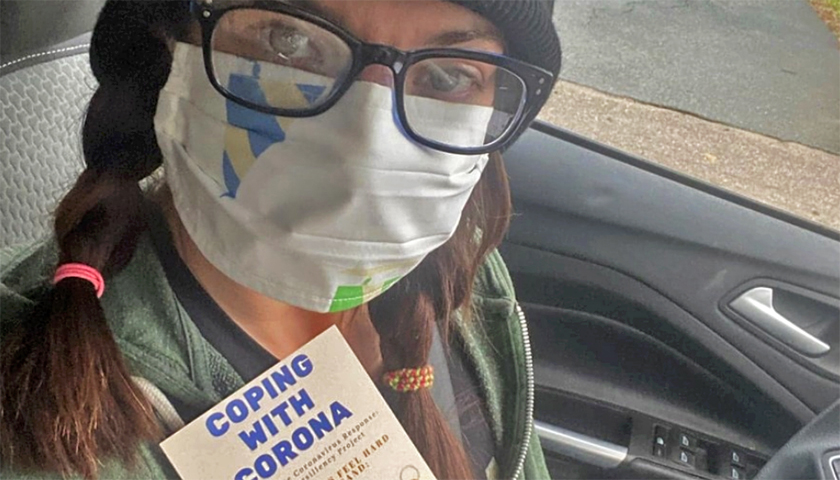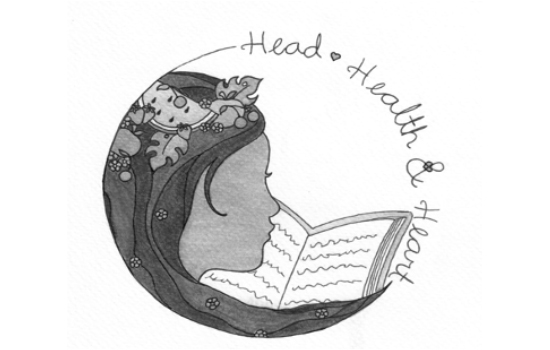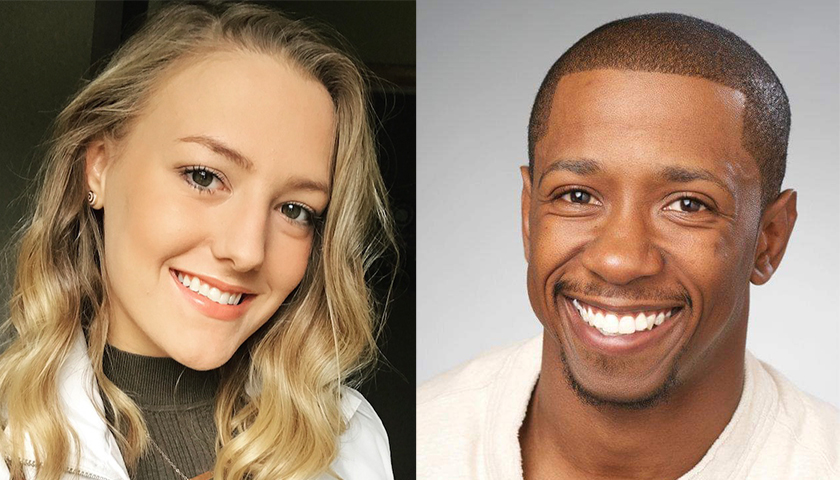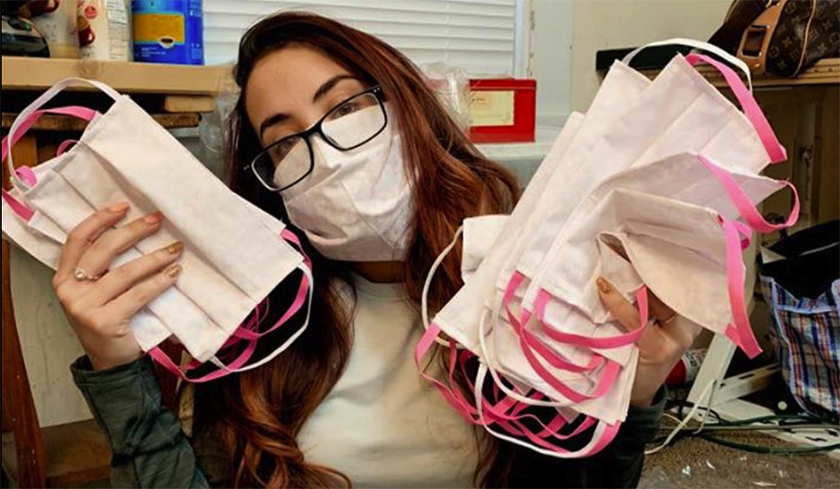Cut off from Tutoring, Students Pivot to Creating Care Packages for Schoolchildren

When their in-person service-learning experience was cut short due to COVID-19, Suffolk students wondered what would happen to the youngsters they were tutoring, many of whom were homeless and in need of food and mental health care.
Their worries didn’t last long, however, because the University, working in collaboration with CEEDS4Change, a partner nonprofit organization, quickly designed a new initiative, Head, Health, and Heart. The goal was to provide underserved local children and teens with the fundamentals they need to survive.

Suffolk students were able to continue their community-based efforts remotely by creating care packages that included food, books, and mental health information, which were distributed over the past month to 200 of the neediest families from four Boston public schools.
Students in Professor Carmen Veloria’s Introduction to Teaching class and Professor Debra Harkins’ Community Psychology course combined forces for the project. They created a group chat to generate helpful information for the students and families in need.

Staying positive
“Everyone wanted to help, but we had never dealt with homeless teenagers on such a deep level,” said Nate Haynes, Class of 2021, a psychology major. “When we understood being homeless could happen to anyone, we worked so much harder to find ways to help and uplift them.”
Haynes, a Boston native and military veteran, developed a pamphlet, “Healthy Lifestyle during COVID-19,” which provided useful tips on eating, exercise, and wellness.
“I wanted it to be something people who are homeless or close to it can use to stay positive and relieve stress during a pandemic,” said Haynes. “This course has given me a chance to give back to a community much like my own.”
Sharing information, recipes—and kindness
Psychology doctoral students Lynne Shea and Kylie Steinheilber teamed up to produce 200 Coping with Corona informational cards. And Kendall Reiter, Class of 2021, shared some of her favorite family dishes in a recipe book written and designed by Suffolk students and included in the family care packages.
“Giving a piece of yourself through different cultures of food can give hope to some people who may feel alone right now,” said Reiter, a sociology major. “In these trying times, it’s so important to have the capacity to give kindness to those in need.
“This was not a project where you take a test and get a grade. It was much more meaningful and had a greater purpose.”

Inspired to work for the benefit of others
Alumna Amanda Ricko, a 2019 graduate, first learned about the area’s serious homelessness situation through a service-learning class she had had with Harkins.
“That experience changed my life,” she said Ricko. “I knew at that moment I wanted to help others in any way I could.” She is now the assistant executive director of CEEDS4Change.
Ricko, who along with her family made 400 masks for those in need, was impressed with how students at her alma mater rose to the occasion during this latest project. “Suffolk students were extremely resilient in their efforts to benefit so many needy people in our community,” she said. “I’m so proud to be an alumna of this amazing school.”
The Head, Health, and Heart initiative originated through Suffolk’s Education Department, with the financial support from the estate of Lawrence Bloom, BSBA ’60, and the American Student Assistance national nonprofit organization.
The project focused on “indirect learning,” where students provided a service to a community without having any direct contact, said Veloria,
“They had to do research, understand the community's needs, and respond, all while working on skills which were instrumental for the course,” she said.
“I can honestly say that we bonded even more while working remotely. The students talked about being part of something important that responded to a timely need and saw their projects as more than just ‘work for class,’ but rather ‘meaningful and impactful.’”Contact
Tony Ferullo
Office of Public Affairs
617-573-8448
Greg Gatlin
Office of Public Affairs
617-573-8428



